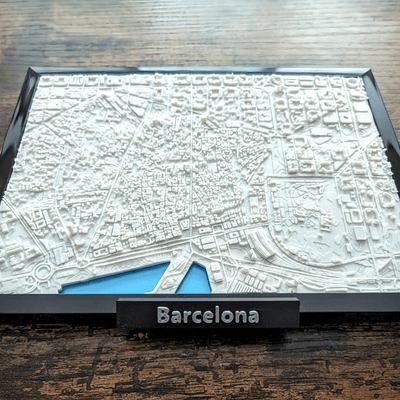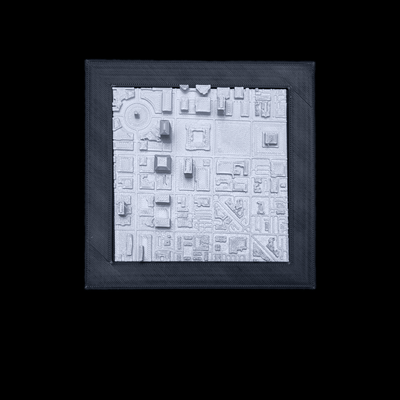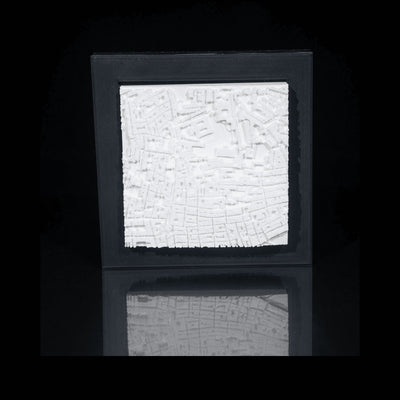Clay Morrow: The Fallen King of Sons of Anarchy
In the blood-stained, brotherhood-forged world of Sons of Anarchy, no character looms larger — or casts a longer shadow — than Clay Morrow. Played with menacing gravitas by the legendary Ron Perlman, Clay is the iron-fisted president of SAMCRO and the very embodiment of the club’s struggle between survival, corruption, and loyalty.
Clay Morrow is introduced as the club’s patriarch, a founding member who helped build SAMCRO from the dusty roads of Charming, California, into a formidable force. As the stepfather to Jax Teller, Clay stands as both a mentor and an obstacle — a man whose vision for the club has drifted far from the idealistic dreams of SAMCRO’s original founder, John Teller.
Key aspects of Clay Morrow’s character:
• Power: Clay clings to power with iron hands wrapped in blood-stained gloves. His leadership style is ruthless, often favoring backroom deals, betrayals, and violence to maintain the club’s dominance.
• Survival: Above all else, Clay is a survivor. Whether it’s rival gangs, the law, or threats from within SAMCRO itself, Clay does whatever it takes to protect himself and the club — though not always in that order.
• Corruption: As the series progresses, the cracks in Clay’s armor become glaring. His willingness to betray even those closest to him, including Jax and his own wife, Gemma Teller Morrow, reveals a man corroded by fear, greed, and the intoxicating need for control.
• Tragedy: Despite his sins, Clay is not a one-dimensional villain. His love for Gemma, his belief that he is preserving the club, and his ultimate downfall paint him as a Shakespearean figure — a king undone by ambition and treachery.
Clay’s narrative arc is a study in slow, tragic erosion. Early on, he is a commanding figure, able to rally his brothers and fend off threats both internal and external. But by the middle seasons, the secrets he’s kept — the murder of John Teller, the killing of Piney Winston, the manipulation of SAMCRO’s future — come crashing down upon him.
His violent rivalry with Jax, once his heir apparent, mirrors the eternal clash between the old guard and the new — tradition versus change, greed versus vision, fear versus hope.
In his final days, Clay is a ghost of his former self: stripped of power, club colors, and family, betrayed by the very brotherhood he once ruled. His execution — demanded by the club he helped create — is brutal, yet strangely inevitable. Clay’s life is a grim warning about what happens when power becomes more important than principle.
Clay Morrow is not merely a villain. He is the inevitable result of a world where survival demands compromise, and where the road to hell is paved with the best intentions… and soaked in blood.






























































